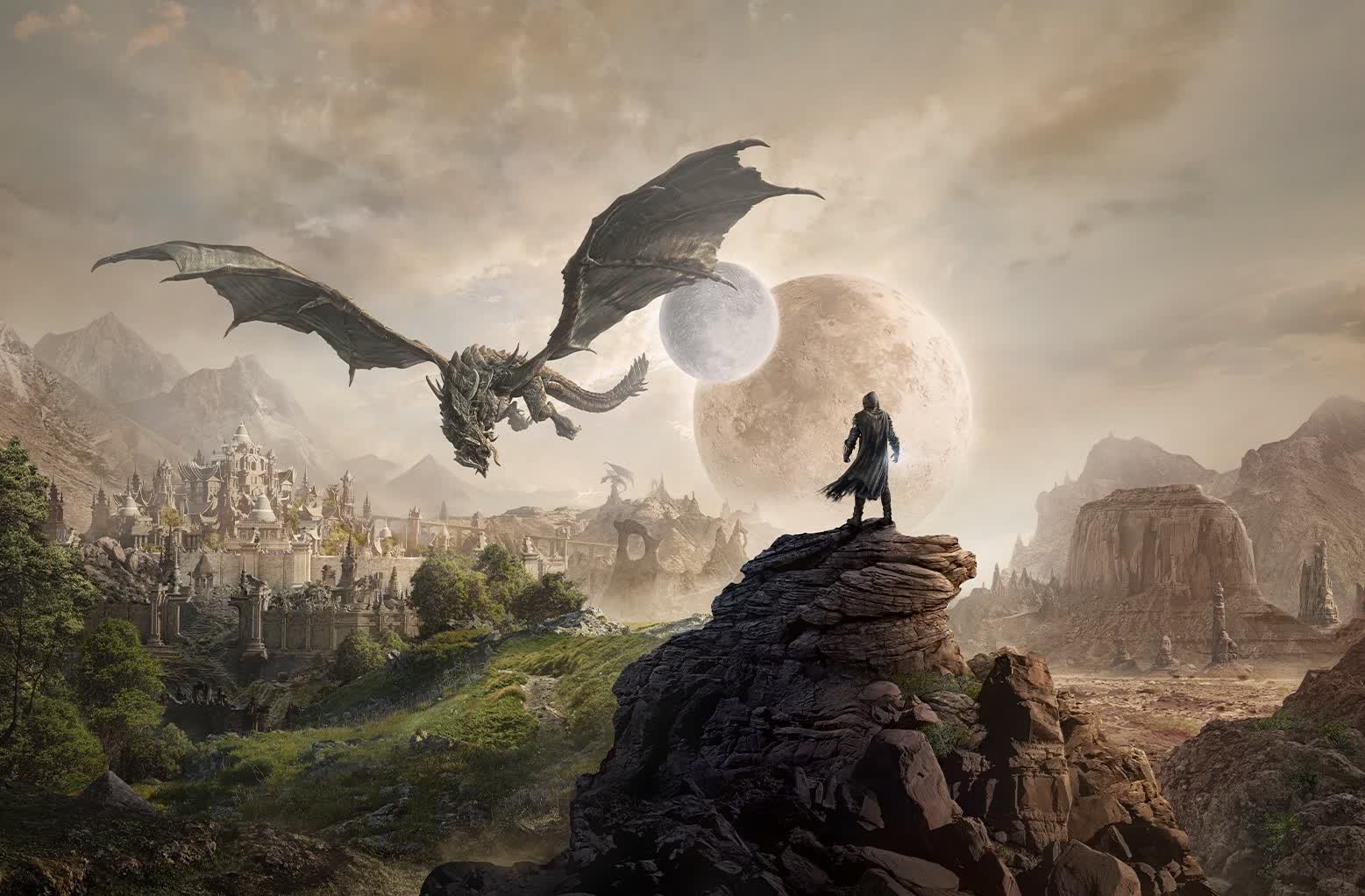In brief: Nvidia DLSS is great at improving performance in modern titles at a small cost to image quality. But what about older titles that don't need to run faster? Apparently, it can do the exact opposite for them: improve image quality at a negligible performance cost.
In a recent livestream, its developers announced that The Elder Scrolls Online would be updated with DLSS in the fall. It's a welcome change for players with older hardware, but it won't excite owners of newer GPUs. Any 3000-series RTX GPU can easily churn out frames at 4k with max settings.
To give them something too, ESO's developers talked to Nvidia about using native resolution frames as input for DLSS, skipping the upscaling step but using DLSS's baked-in deep learning anti-aliasing---which is what they ended up calling the result of those talks---DLAA.
DLAA does the same things as traditional anti-aliasing techniques, but it's infused with magic DLSS sauce.
Huge thanks to the team at NVIDIA for humoring and then supporting us releasing this when we brought up and tested this hijacking of their DLSS tech into its own thing. It's not something every game would need, but for ESO it just made sense. Great stuff <3
--- Alex Tardif (@longbool) September 17, 2021
DLAA is exceptionally complicated as far as anti-aliasing techniques go. It will benefit from the mature foundation of DLSS but could be hindered by vestigial upscaling code. It could also have a small negative impact on performance if it adds more overhead than other anti-aliasing techniques. Presumably, it'll be restricted to RTX GPUs like DLSS is.
Although it may or may not be the best anti-aliasing technique out there, it's certainly the most novel. Hopefully, Nvidia will offer it to other developers for experimentation.
